|
All too soon the quid pro quo had come to fruition for my dream London secondment. Upon accepting the one year job in London, I had to sign a contract to work back in South Africa for a further three years. On the bright side, Carmela and I had been issued with "open return tickets" for the round trip. This meant that, with a bit of massaging and scrimping, we could score a few stopovers on the way back. We chose Vienna and Athens. Luckily we had been enabled to travel light, unencumbered by a trunkful of our accumulated belongings, thanks to the kindness of Max Irving, a former colleague at the Daily News, who had by then become a shipping agent. He arranged for it to be shipped separately. Vienna I wish, as a callow youth, I had taken the time to properly interview Eduard Johan Bruno von Thomann. After all, I was supposed to be a reporter. He was Carmela's grandfather, father to Aurora, and had led an incredible life that ended days before we departed to London, on October 20, 1974. In his latter years, "Daddy" as he was known to the Toscano family, had lived in his daughter's home in Durban. Most of my recollections of what he told us are elusive, hanging in the ether refusing to be plucked and recorded accurately for posterity. The outline, however, is that he was born in the Austro-Hungarian Empire in 1901. I believe his family owned estates in the southern part of the empire that became part of Yugoslavia at the end of World War 1. Eduard was schooled at an exclusive academy in Vienna and must have lived quite a privileged life until the family assets disappeared into socialism as a result of the war. At some point he married Elena from Trieste and during the interregnum they had three children, George, Merino and Aurora. The loss of the von Thomann estates left them in pretty straitened circumstances and they decided to emigrate to South Africa (SA). To Durban, in fact, where Eduard and Elena ran a shop/tearoom. Determined that George and Merino should become doctors, something the family could ill afford at that difficult time, Daddy also worked nights as a porter at Durban's Addington hospital, managing to fulfil this ambition. His Austrian lineage came back to bite him during World War 2 when he was interned by the Allied-supporting SA government. For some of that time he shared a bunk with BJ Vorster, who went on to become nationalist Prime Minister after Hendrik Verwoerd was assassinated in 1966. When he heard that Carmela and I were off to Europe, Daddy suggested that, if we ever made it to Vienna, we should visit his old school, the Theresianische Akademie. And so we did. After all these years there was some confusion as to its name but a bit of sleuthing managed to match our 1975 fuzzy photo, with Carmela in the bottom left corner, with a clearer, more up-to-date pic[1]. The last of the three was taken from an inner courtyard illustrating the interleading quadrangles of the Theresianium. Mission fulfilled, we did the usual things a tourist does in Vienna: indulging in afternoon tea and torte at the Sacher and following in the footsteps of Harry Lime, during which we looked at the Prater and visited a dodgy nightclub. This somewhat dingy tavern that celebrated the louche aspects of Vienna's past seemed a fitting swan song before returning to SA's Calvinism of the day. We did wonder about the theatre's safety netting, hanging above our heads and more fitting of a trapeze act, until a nude person appeared and bounced around in various gymnastic poses perilously close to Carmela's face. Athens On the Olympic Airways flight from Vienna to Athens we encountered one of those American tourists people loved to hate in those days. A steward approached her and asked if she'd like a drink. "Give me a beer," she commanded. The steward produced a bottle of Mythos and a glass. "No I want a Skol," she insisted. "I'm afraid we only have Greek beer, madame," he replied politely. "Listen here, we're in Europe and I had Skol in Denmark and that's what I want," she whined. "FFS 'madame'," I was thinking, "a lager's a lager and the rest of us on this plane are parched." The more the steward tried to appease her, the ruder she became, detaining him for ages. It hadn't seemed to occur to her that Olympic couldn't magic a Skol onto a plane flying off the Yugoslav coast. As we were disembarking she fired a parting shot at the cabin staff: "Your management will be hearing from me about this ahfil service." Carmela and I thanked the steward profusely. His detractor glared at us. What are some people like? We had rather lovely accommodation in the epicentre of Athens. Simple rooms but with a shared lounge which was a meeting place for like-minded people, including an art historian, an American who lived in Athens for part of every year. I had particularly wanted to visit the gates of the Athens Polytechnic which had been crushed by a tank during the student uprising two years earlier. Our artistic friend filled us in on some of the background to that event and also suggested we climb Lycabettus for a wider perspective of the city that had sprawled there for millennia. "Oh, and eat in the Plaka," she added, "full of authentic atmosphere." She was spot on in 1975. I wonder what it's like now in 2021? She also recommended the Mani, immortalised by Patrick Leigh Fermor (PLF) in 1958. This was beyond the scope of our short adventure and I've always wanted to visit this Peloponnese peninsula but have not yet managed it. Perhaps I'll have to emulate PLF, albeit at the opposite end of my life. The morning after our arrival we met George Thomopoulos's mum and cousin and they gave us the royal tour starting with pukka Greek coffee off the beaten track. Mrs T was there on a long-term visit to George's cousin, a local. Greece, especially Athens, is greatly enhanced by companions who can read the script and know where to go. As George had provided the connection, we were absorbed without hesitation. I wish George's cousin's name hadn't escaped my memory in the ensuing 45 years. First pic ... no more ecologically-sound method to wipe your bum than with a natural sponge and then return it to nature (allegedly, as I found out on a trip to Ephesus in 2006). Next pic is the view from Lycabettus and the last two are of us with the Thomopouli on the Acropolis with the Parthenon as a backdrop. A fair bit of restoration has occurred since then but it was peaceful at that time. How does one complete the Greek experience? Impossible, perhaps, without dedicating a huge amount of one's life to it. In more recent years Shan, Kate and I have spent quite a few Greek holidays exploring many different aspects of the dramatic land and seascapes and vestiges of the ancient civilisation. We've still only scratched the surface. However, in 1975 Carmela and I did visit two quintessential places. One was an ancient open-air auditorium near Corinth (with astounding acoustics but of which I've lost all photographs) and the other the island of Hydra, which was almost completely untarnished by mass tourism back then. A few fuzzy photos of 1975 Hydra follow ... One can imagine from the first picture why Leonard Cohen was inspired to live there and write timeless songs such as So Long, Marianne. Second picture was typical in those days when locals met the ferries and offered accommodation and transport. In the third shot one can see why donkeys made perfect transport on many Greek islands. In picture 4 the less adventurous tourists are being sized up by the local kitties for their leftovers. Celebrating the donkeys and the kitties that were such a feature of Greek islands in the 70s and 80s. Αντίο για τώρα Ύδρα[2]
All too soon we had to report for boarding our lovely Luxair flight to Johannesburg. Having travelled to London around the bulge[3] on an early South African Airways (SAA) Boeing 747 flight , the Luxair 707 was a tad dated and cramped. The urban myth was that Luxair[4] was a cheap subsidiary of SAA so they could avoid flying around the bulge. It was convenient from Athens. SABC TV The one thing we did have to look forward to was that the Republic of South Africa had finally allowed television while we were away. Previously it had been regarded by the regime as a corrupting contaminant to the Calvinistic way of life. Eventually the government saw the opportunity for disseminating propaganda. For those of us who'd become used to watching The Sweeney in the original on ITV it was kind of weird to see it run on SABC TV rebranded as Blitzpatrolie and dubbed into Afrikaans, thereby losing the London patois and incurring considerable extra expense. Coming soon: A little time out for the next episode of our Classic Blog, i.e. Campy on the beach at Rosemarkie, and then a tribute to Durban's doyenne of wine, Solange Raffray, who introduced some joy and rigour to my Unreliable Tasting Notes. [Endnotes]
2 Comments
5/2/2021 07:10:44 am
Lovely to see how Greece and Austria were in the '70's through your microscope. I could actually hear Leonard Cohen's songs in the background too Marco!
Reply
Mark H
5/2/2021 10:03:36 am
Andrew N? Thank you for the compliments, Neillio.
Reply
Leave a Reply. |
Mark Harrisonsee About tab for more detail about the author Archives
April 2024
Categories |

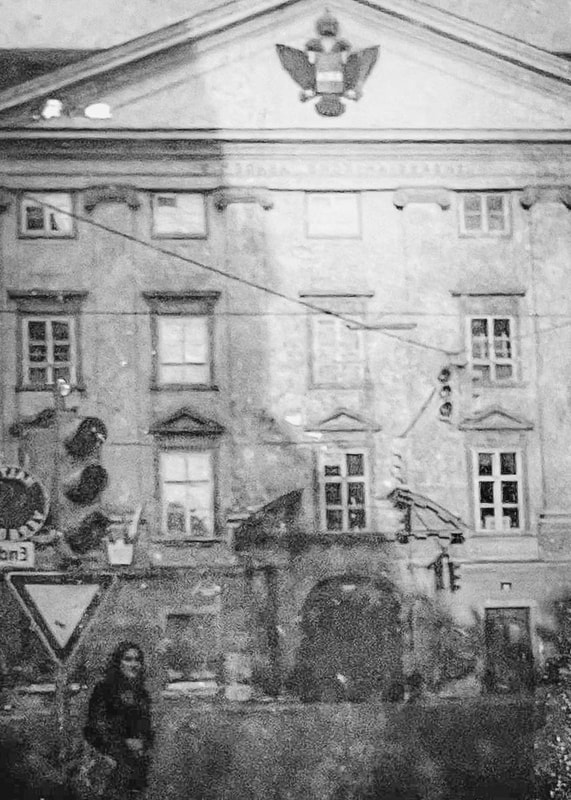
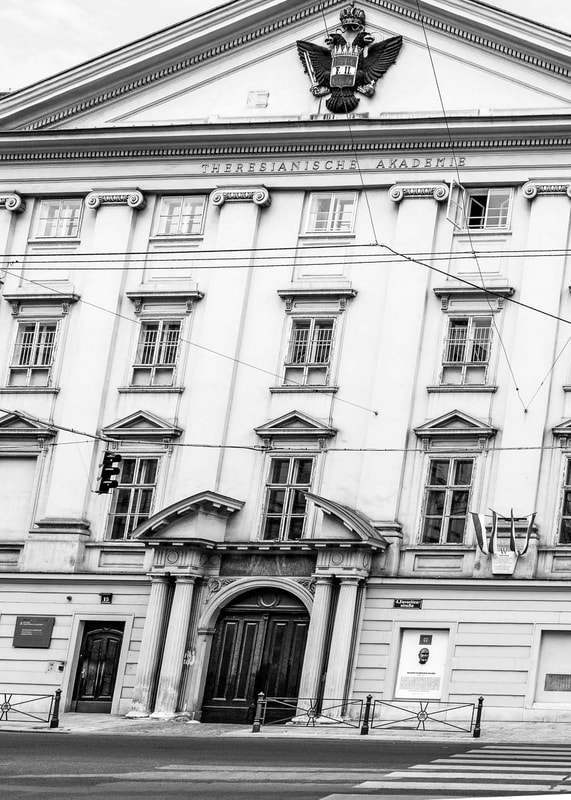
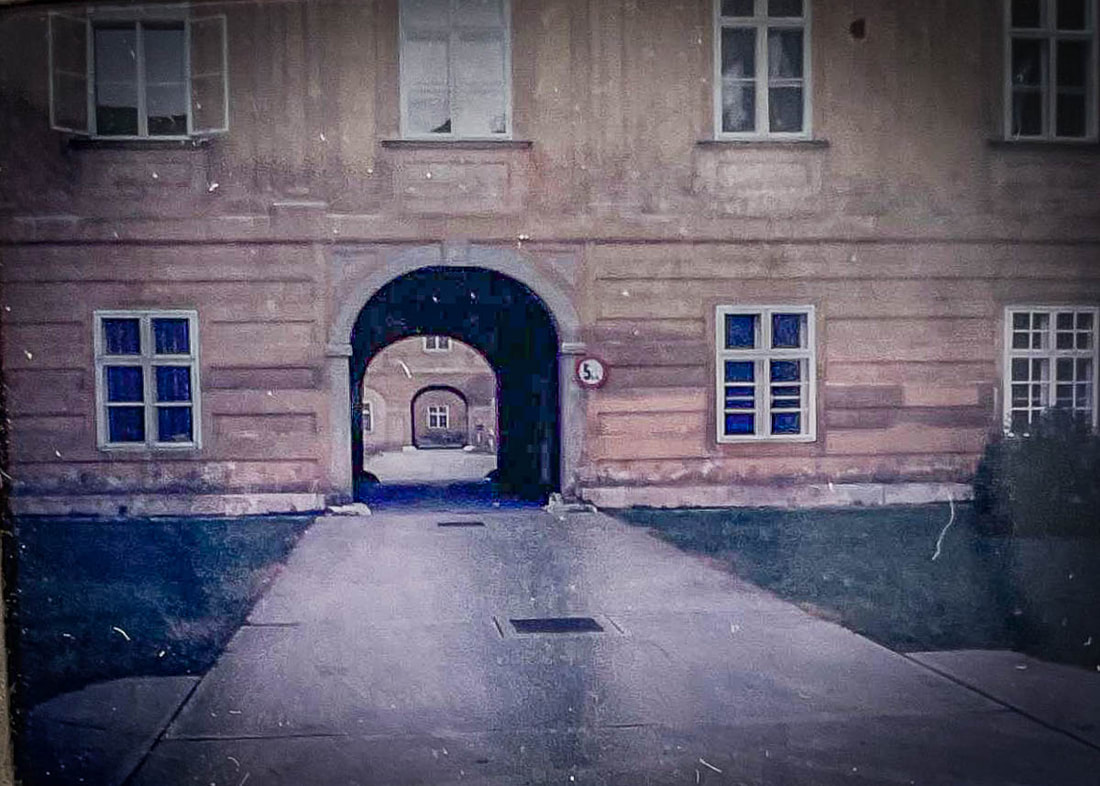
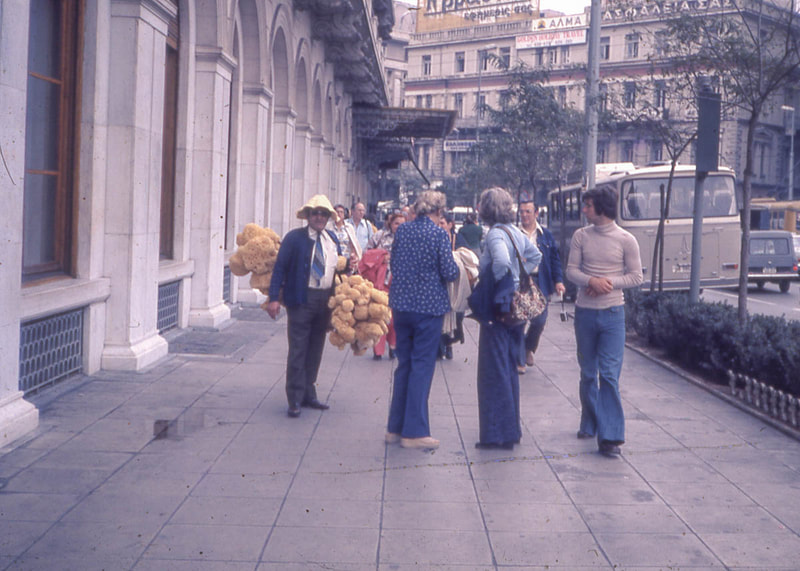
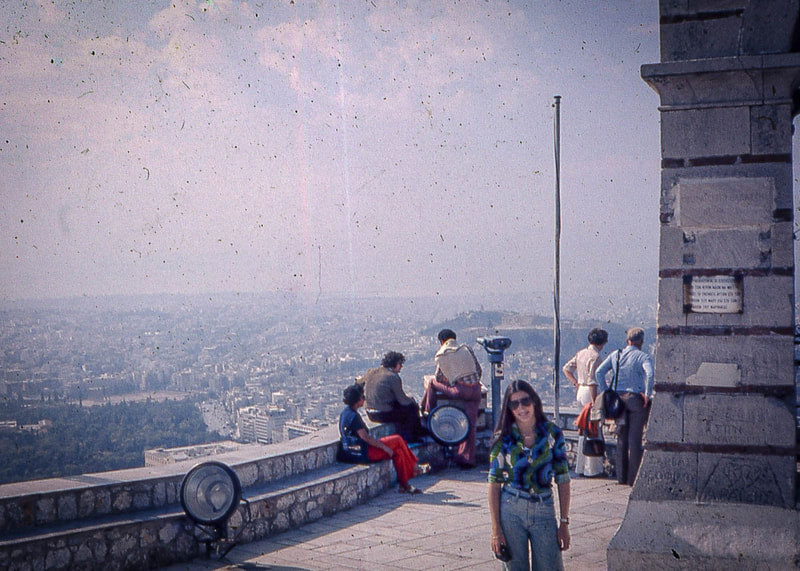
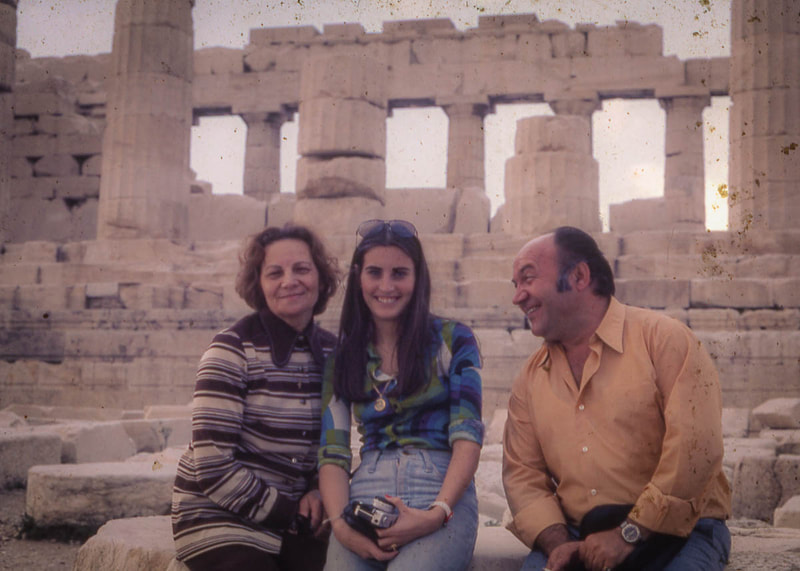
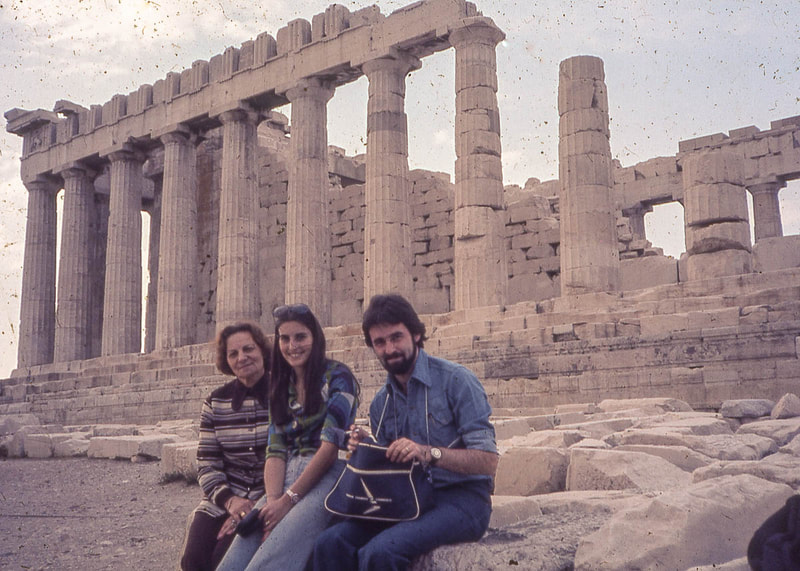
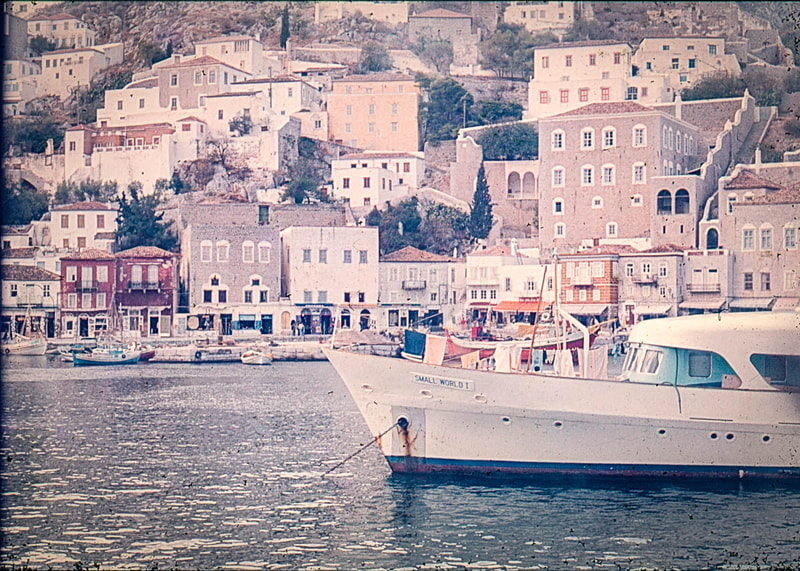
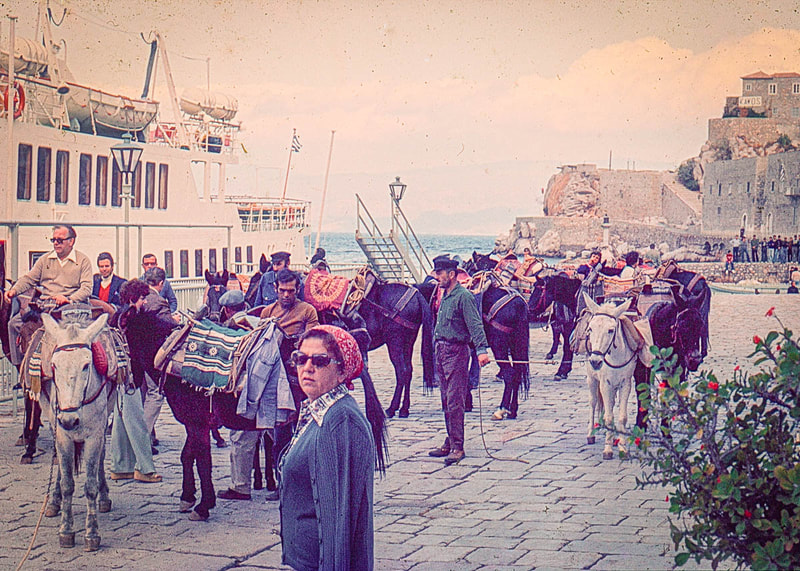
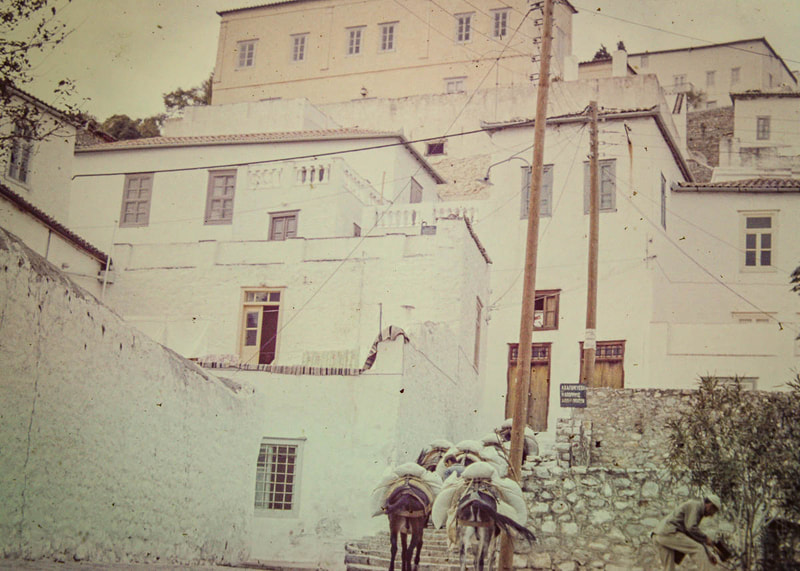
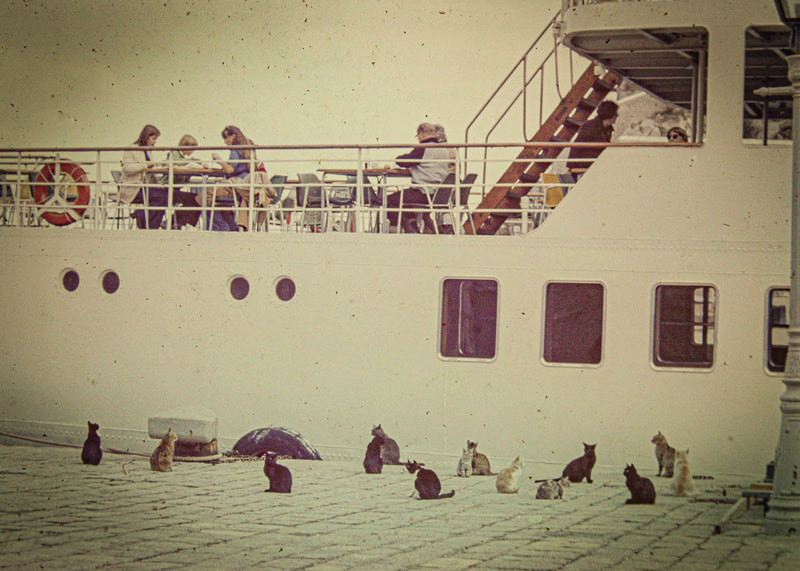
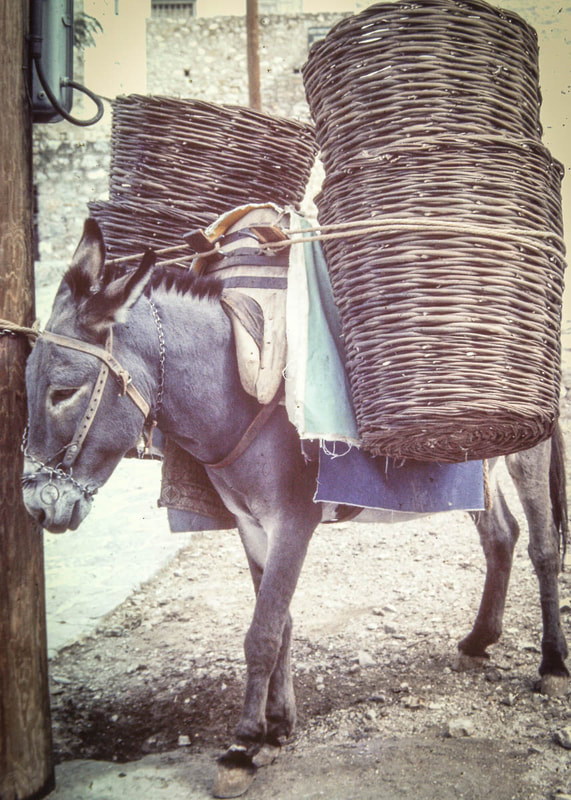
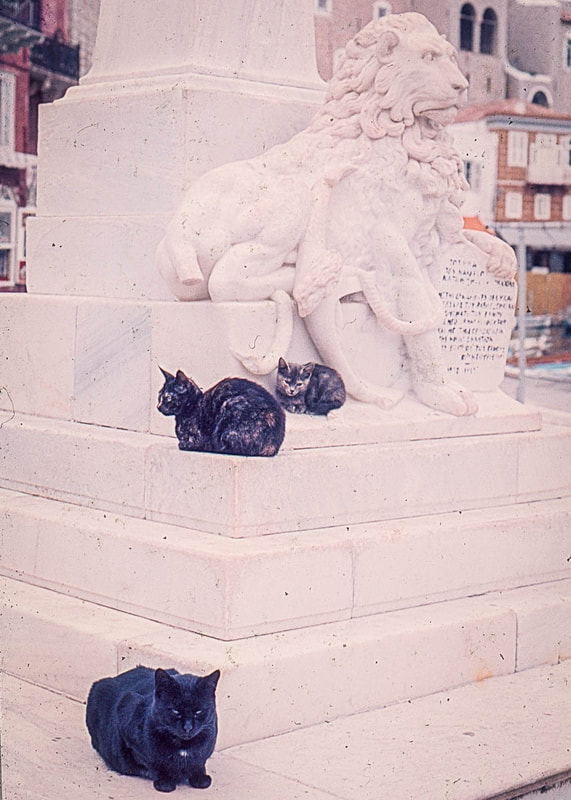
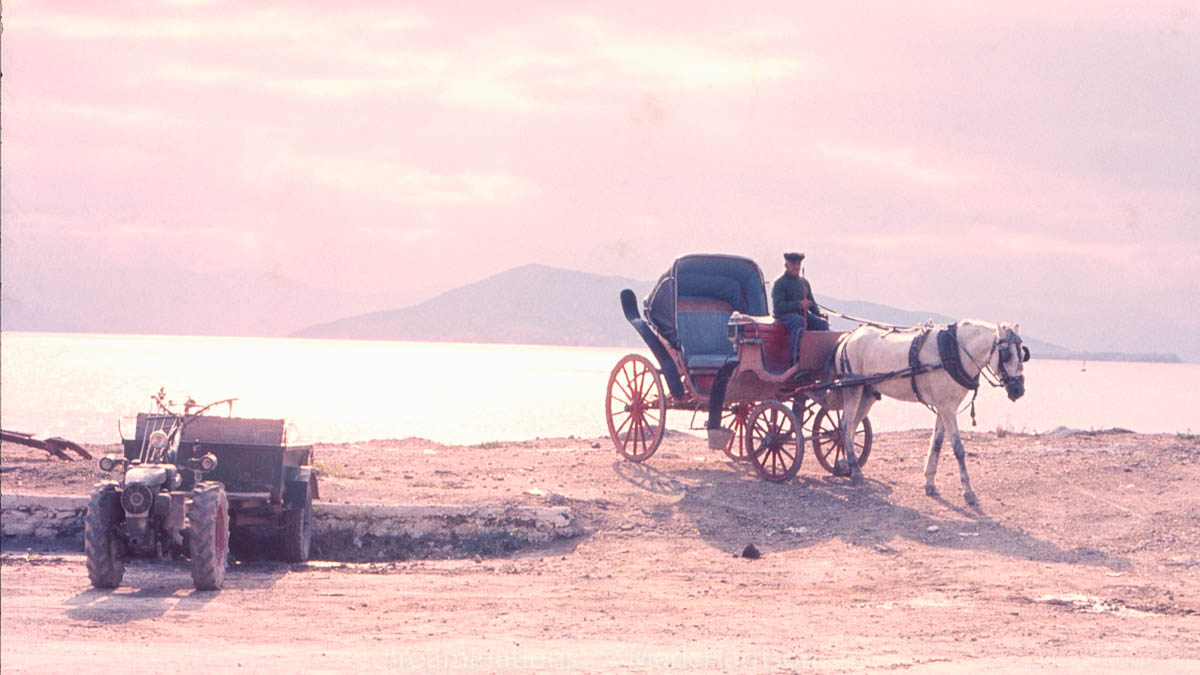
 RSS Feed
RSS Feed